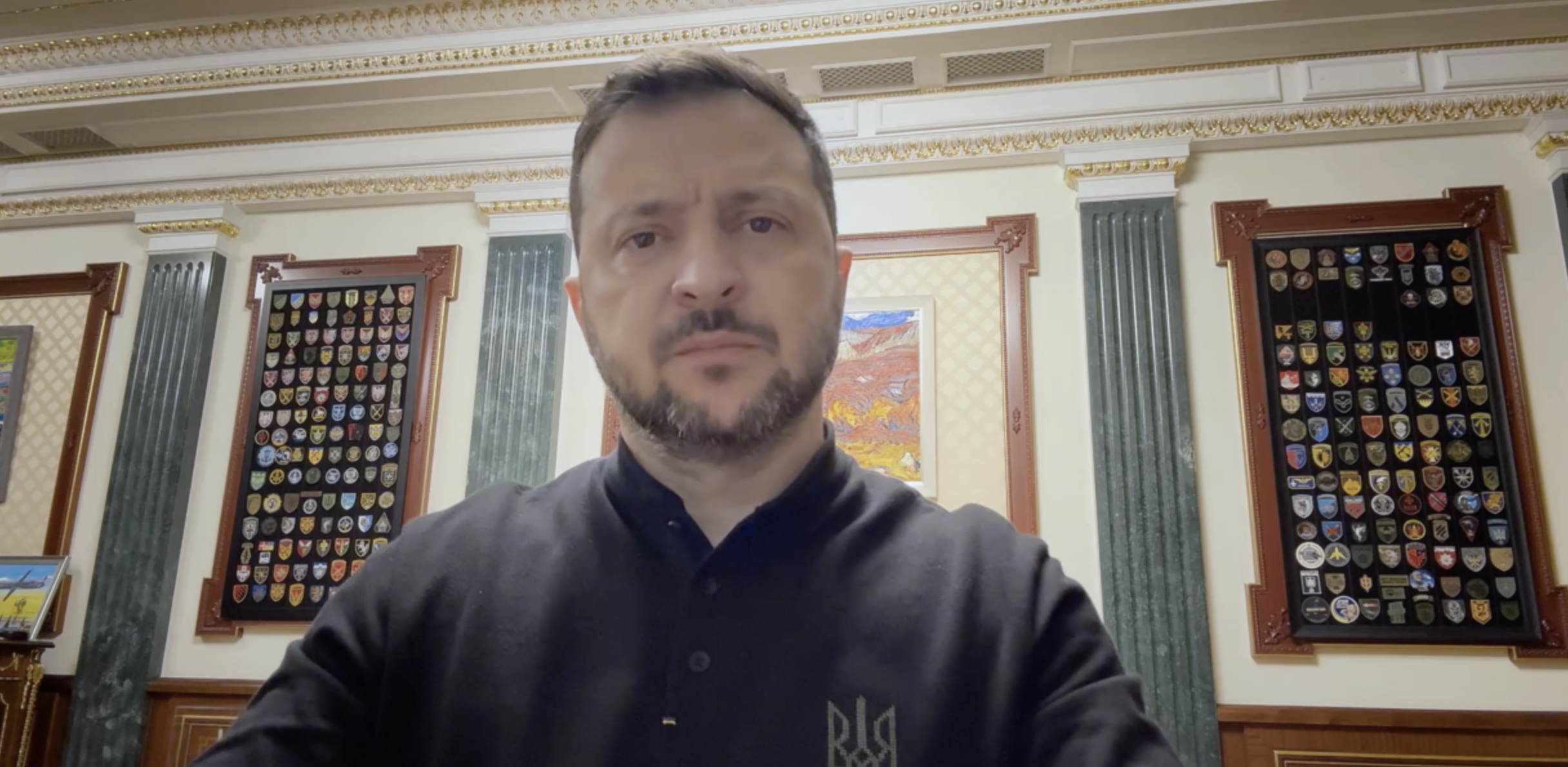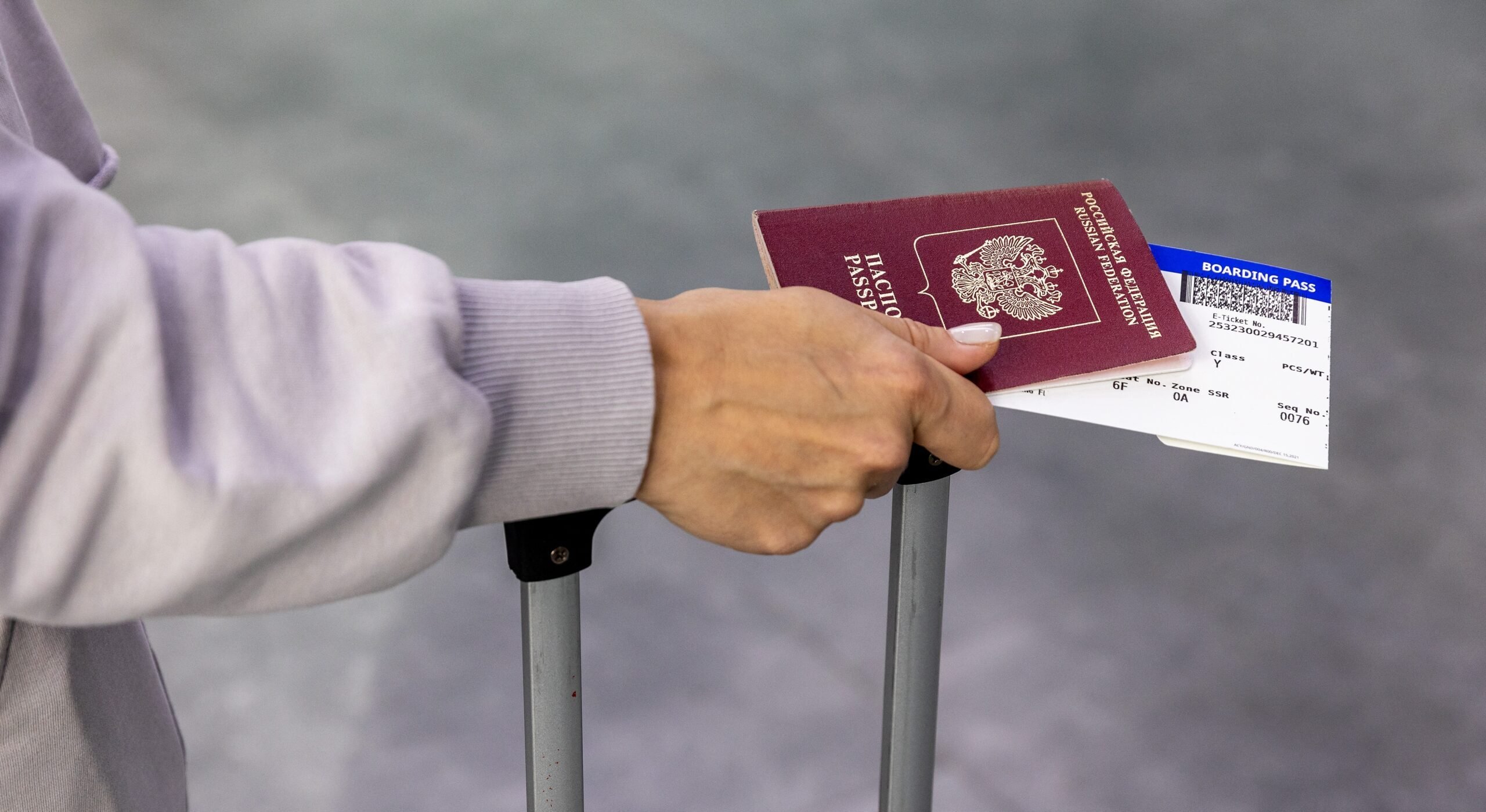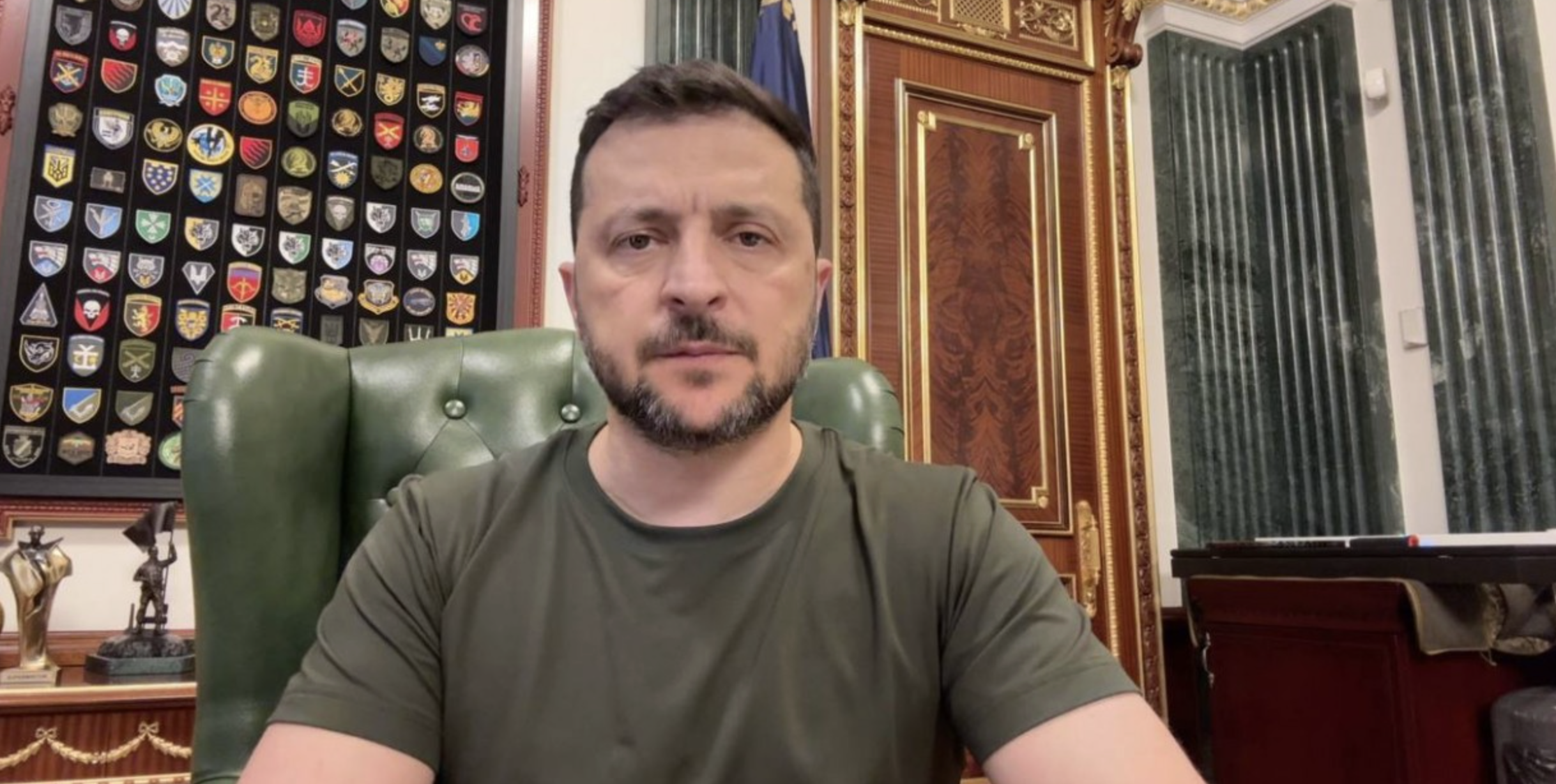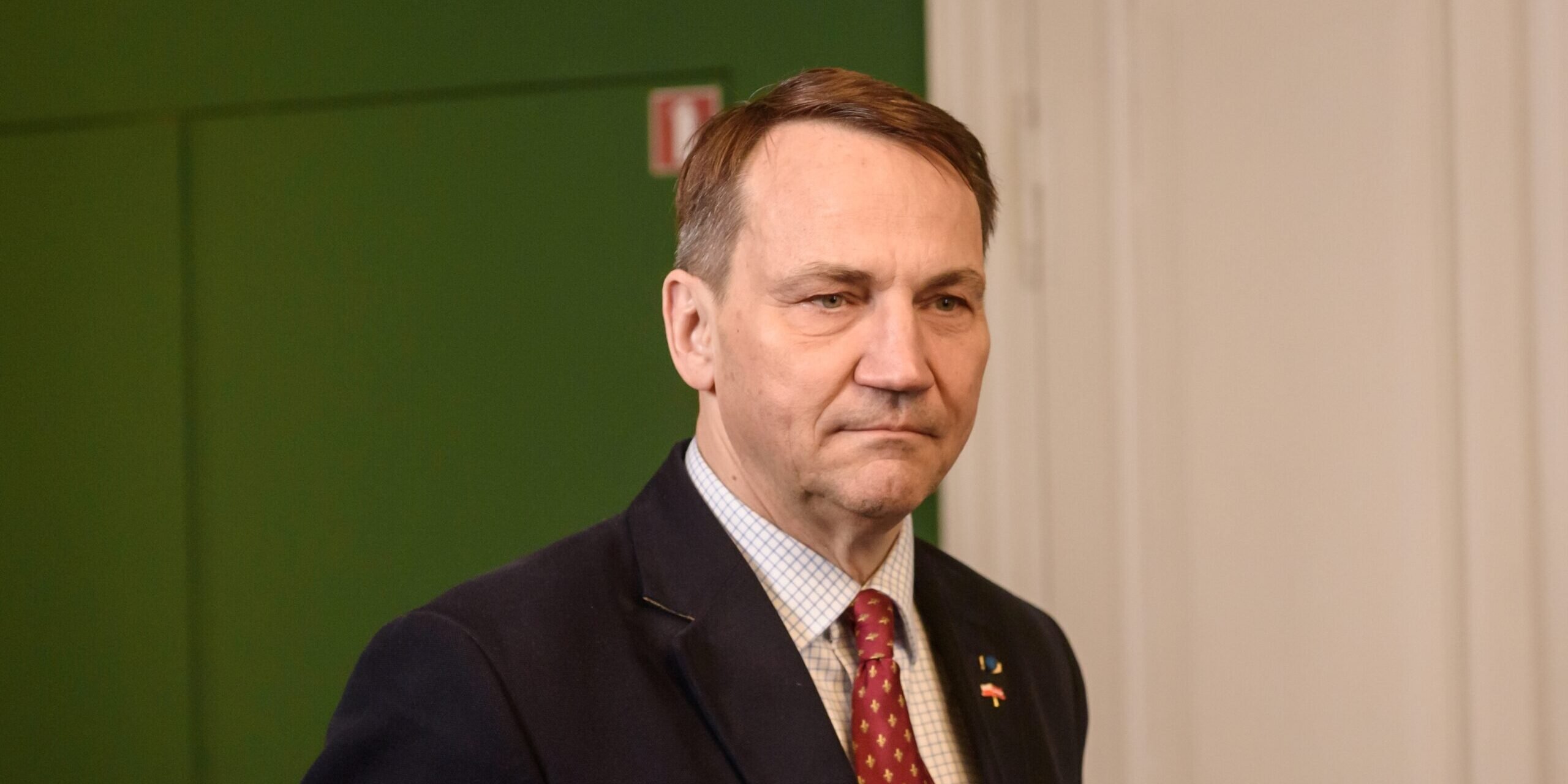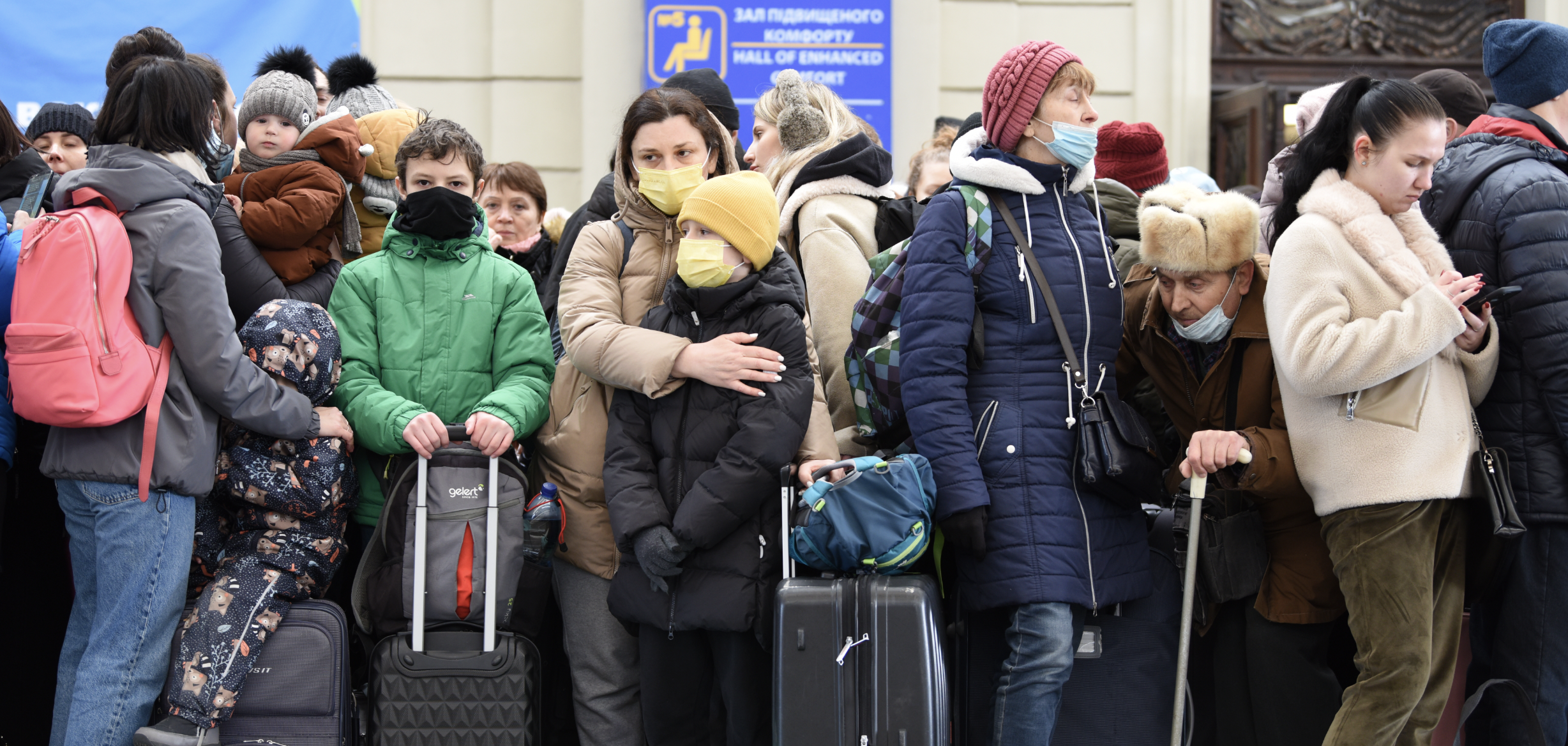
The Council of the European Union on Sept. 16 adopted new guidance for member states on gradually ending temporary protection for Ukrainians, while providing support for their return and reintegration.
The recommendations do not change existing rights: Ukrainians will continue to benefit from temporary protection, which the EU extended through March 2026. Instead, the guidance outlines what comes next, and stresses the need for a coordinated approach once conditions in Ukraine allow for a gradual phase-out.
“The EU’s solidarity with the Ukrainian people remains steadfast. At the same time it is common sense to prepare for the day when the situation allows for the Ukrainian people to return home to help rebuilding their country,” said Denmark’s Minister for Immigration and Integration, Kaare Dybvad Bek.
The recommendations call for informing displaced persons and coordinating monitoring and information sharing between EU countries and Ukraine.
The EU Council urged member states to offer Ukrainians national residence permits, for work, study, or family reasons, as well as the option to apply for other EU legal statuses, including those for highly skilled employment.
“It is not possible to hold statuses under EU law simultaneously with benefitting from temporary protection,” the council said.
The guidance emphasizes that Ukrainians who fled the war need support to return and reintegrate. EU countries can assist through familiarization visits to Ukraine, with conditions agreed upon between states.
Member states are also encouraged to implement voluntary return programs for limited periods, coordinating with Ukraine and other countries; extend temporary protection rights to participants in these programs; and provide Ukrainians with information about obtaining other legal statuses, the implications for their rights and benefits, and available support upon return.
EU countries are advised to develop information systems and run campaigns about voluntary return programs. They may also establish Unity Hubs, financed through EU programs.
“The recommendation, which is a guidance for EU member states, will enter into force following its adoption,” the council said.
Cover: Shutterstock
